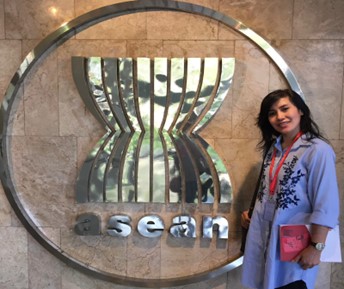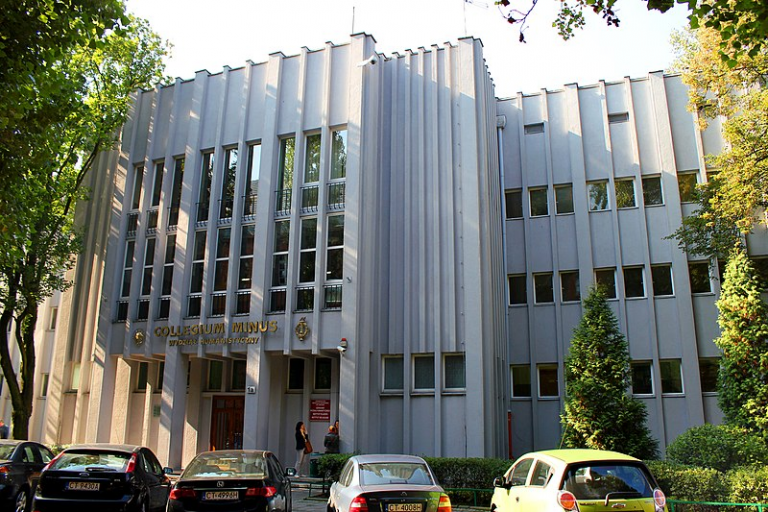Introduction
The challenges in implementing a policy come in different forms in different policy areas and environments. The interconnectedness of various factors results in a complexity in navigating the implementation impediments. Conceptualizing the challenges by examining the interplay of ambiguity and conflict in policy process helps understand the hurdles and pave the way to implementation outcome. How can a conception be applied in a policy sector in an implementation environment? In my doctoral study, I investigated this question by reconstructing ambiguity – conflict model and applied it to the implementation of Mutual Recognition Arrangements on Professional Service Suppliers of Association of Southeast Asian Nations (ASEAN), as exemplified in Indonesia.
My PhD thesis was publicly examined at Faculty of Management and Business on 28th June 2024 and it can be found on: https://trepo.tuni.fi/handle/10024/158135.
Mutual Recognition Arrangements (MRAs) – agreements between two or more countries to recognize one another’s conformity assessments on goods, services, persons, and firms – play a crucial role in facilitating mobility of goods, services, and persons between signatory countries. The characteristics of Mutual Recognition Agreements on professionals display that the more equivalent the national systems of professional standards, accreditation, and licensing of the signatory countries, the higher the automaticity and the larger the scope of the access. Hence, the agreement implementation requires a mutual adaptation of the implementation environment and the agreements in order to enhance the scope and the automaticity of the professional access.
Ambiguity – Conflict Model of Policy Implementation – an approach suggesting that the interplay of ambiguity and conflict in policy implementation in different degree results in different modes of implementation: administrative mode when both ambiguity and conflict are low; political mode when ambiguity is low but conflict is high; experimental mode when ambiguity is high but conflict is low; and symbolic mode when both ambiguity and conflict are high. These modes have different contributing factors in order to result in policy implementation outcome. They are resource for administrative mode, power for political mode, contextual condition for experimental mode, and coalitional strength for symbolic implementation.
The implementation of MRAs on Professional Service Suppliers in ASEAN is examined by the ambiguity – conflict model completed by theories of institutional – network/hybrid governance and policy process to answer two core questions: 1) to what extent are ambiguity and conflict prevalent in the implementation?; and 2) how does the implementing environment influence the implementation?
In ASEAN countries (Brunei Darussalam, Cambodia, Indonesia, Lao PDR, Malaysia, Myanmar, the Philippines, Singapore, Thailand, and Vietnam), the implementation of MRAs on professional service suppliers is aimed at supporting the economic integration of the region. To reach the goal, one of the strategic measures is to facilitate the movement of skilled labour within the ASEAN countries through Mutual Recognition Arrangements (MRAs) that allow practitioners in eight professions (medical doctor, dentist, nurse, engineer, architect, accountant, surveyor, and tourism practitioner) to practice within ASEAN member states through mutual recognition of their qualifications.
Examining the MRA implementation on four professional suppliers (engineers, architects, accountant and surveyors), the study uncovered high level of ambiguity and conflict as well as hierarchical and fragmented implementing institutions challenging the facilitation of professional mobility. Expected positive contributions of ASEAN MRAs, among others, are enhanced competitiveness of ASEAN professionals in the global market, bridged surplus and shortages of professionals among the countries, and bridged information gaps between potential domestic employers and foreign employees. Despite the implementation, tangible results remain limited.
Results
The ambiguity is identified in several points: the asymmetry of what to achieve and how to achieve it; the unspecified dimensions of goal components of time, target, and evaluation; the unclear role of the implementing units for mobility facilitation. Moreover, conflict is identified in the incongruence between the mobility facilitation goal and the governing statutes and regulations for foreign workforce. Hence, both ambiguity and conflict are high.
With this symbolic mode of implementation, the suggested contributing factor for effective implementation is micro-implementers. However, their influencing role is impeded by the hierarchical and fragmented institutions, resulting in difficulties for the implementers to make necessary adjustments in order to bring about better results.
Facilitated mobility of ASEAN professional service suppliers occurs when acceptability of ASEAN MRAs is high. High acceptance or low conflict signifies experimental mode of implementation that enables continuous adjustments of implementing institutions and a learning process of implementers for an enhanced equivalence of national systems of professional standards, accreditation, and licensing. Enhanced equivalence leads to enhanced automaticity and enlarged scope of practices. To this end, awareness of positive effects of ASEAN MRAs and ASEAN Economic Community among ASEAN public must be promoted.
Eva Sihombing (e-mail: eve_yol_dan@yahoo.com)






Kommentit